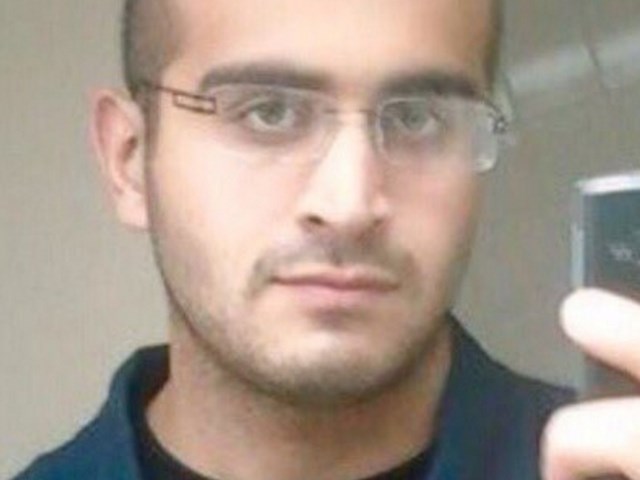Psychologist at sentencing hearing
“Centre management reports that Mr Pistorius struggled to adapt and was aggressive and violent towards officials in the first month”, prosecutor Gerrie Nel told psychologist Prof Jonathan Scholtz during cross-examination.
Known as the Blade Runner because of his J-shaped prosthetic blades, Pistorius, 29, was granted 10,000-rand ($657) bail and ordered to remain under house arrest after the Supreme Court imposed the murder conviction in December 3.
Luvuyo Mfaku, a spokesman for the National Prosecuting Authority, told Reuters its position was “to argue for the prescribed sentence to be imposed, that is 15 years”. Pistorius initially received a five-year sentence for culpable homicide, South Africa’s equivalent of manslaughter, for shooting Steenkamp on Valentine’s Day 2013 through a locked toilet door in his Pretoria home. “In my opinion his current condition warrants hospitalisation”, Scholtz said, noting that Pistorius was not in the right frame of mind to testify. This is just one of his defence’s angles brought on day one of his sentencing hearing in the Pretoria High Court. The Constitutional Court, South Africa’s version of the Supreme Court, ruled in March that that Pistorius’ appeal of the murder charge “had no reasonable grounds of success” and denied the appeal.
While Pistorius said he shot Steenkamp in the belief she was an intruder, the Supreme Court decided that he must have known the bullets would have killed whomever was behind the door.
“He would rather give his version to the TV than to court”, said Nel, who accused psychologist Scholtz of being biased.
Since being convicted of murder, Pistorius has been on bail and allowed to leave his uncle’s house at set times, but not travel further than 20 kilometres (12 miles) without permission.
The matter was adjourned to Tuesday at 9.30am.
Pistorius was at first given a five-year sentence for culpable homicide, South Africa’s equivalent of manslaughter, for shooting Steenkamp through a locked toilet door in his Pretoria home on February 14 three years ago.
Pistorius, who made history in 2012 by becoming the first amputee sprinter to compete at the Olympics sat calmly on a bench during the testimony, mostly with his head down.
The clinical psychologist said he did not think Pistorius would be able to testify at the sentencing hearings because of his psychological problems. He noted that Pistorius had sold his firearms, became jumpy even at the sound of gunfire on television, and was unlikely to resort to violence again.
But the verdict was overturned past year and the athlete was convicted of murder.
He also said Pistorius was subjected to several “traumatic and humiliating experiences” during the year he spent in prison, including being forced to shower while sitting on the concrete floor because of his disability.
The court was told that Pistorius was on medication for depression, anxiety and insomnia.








